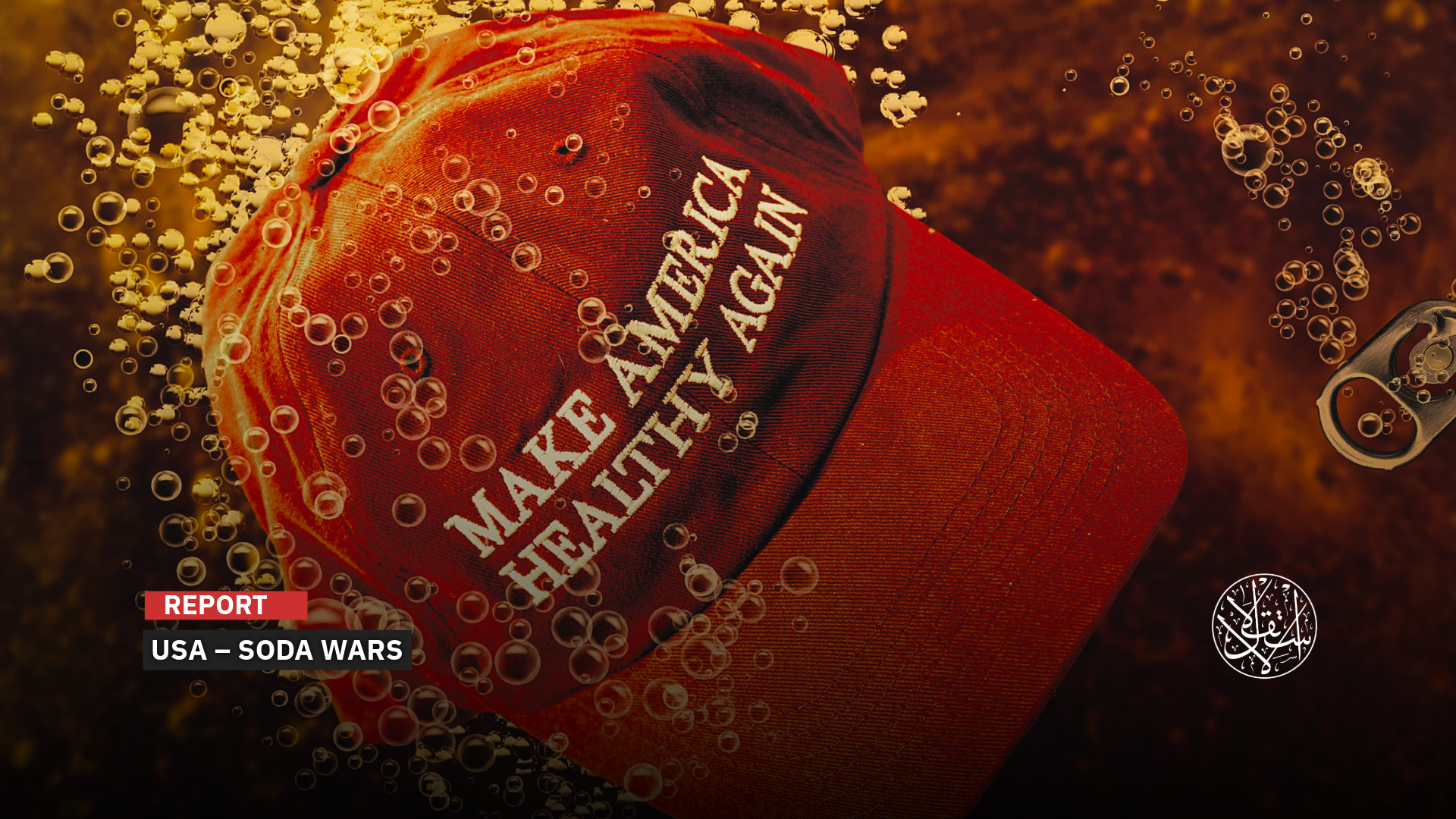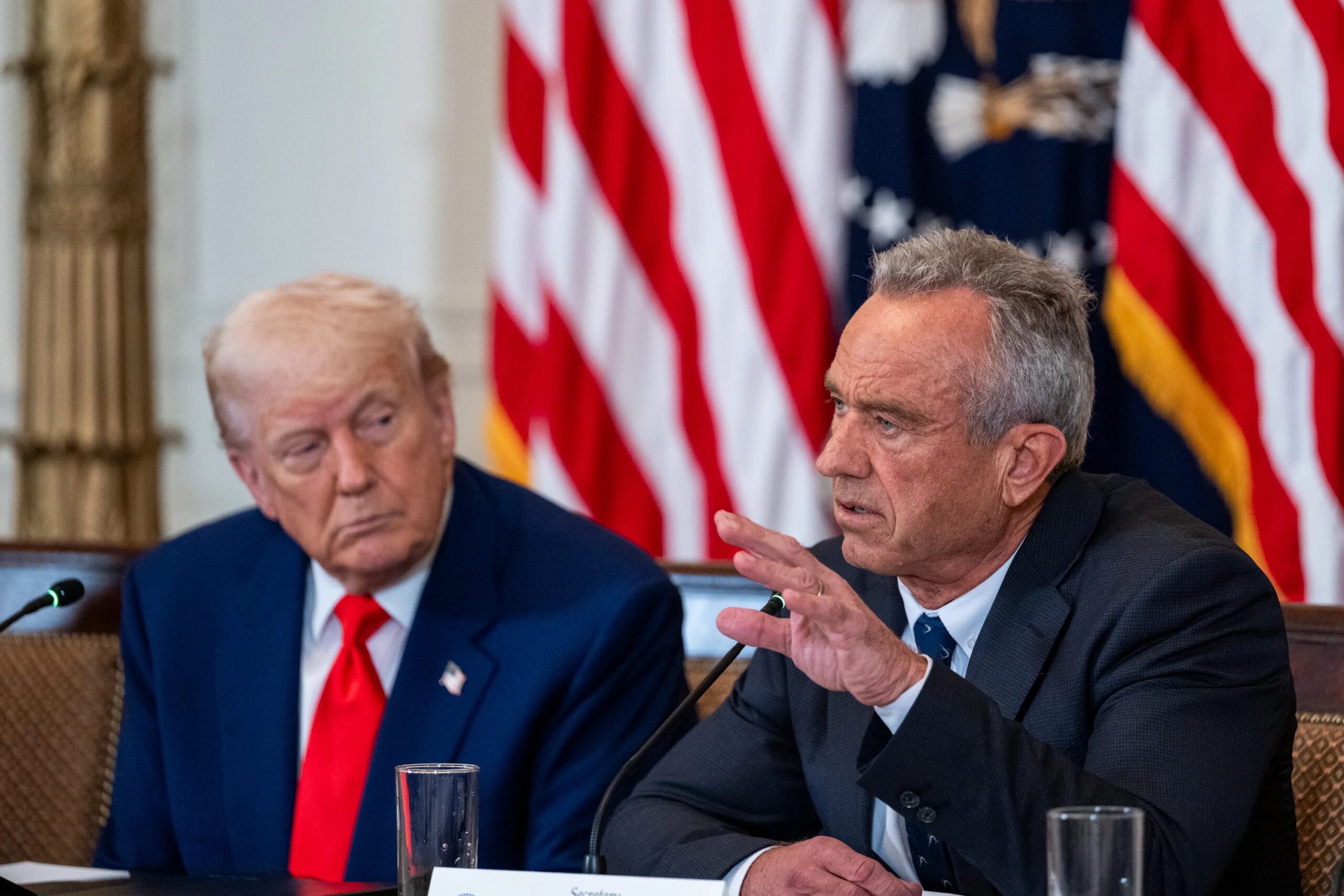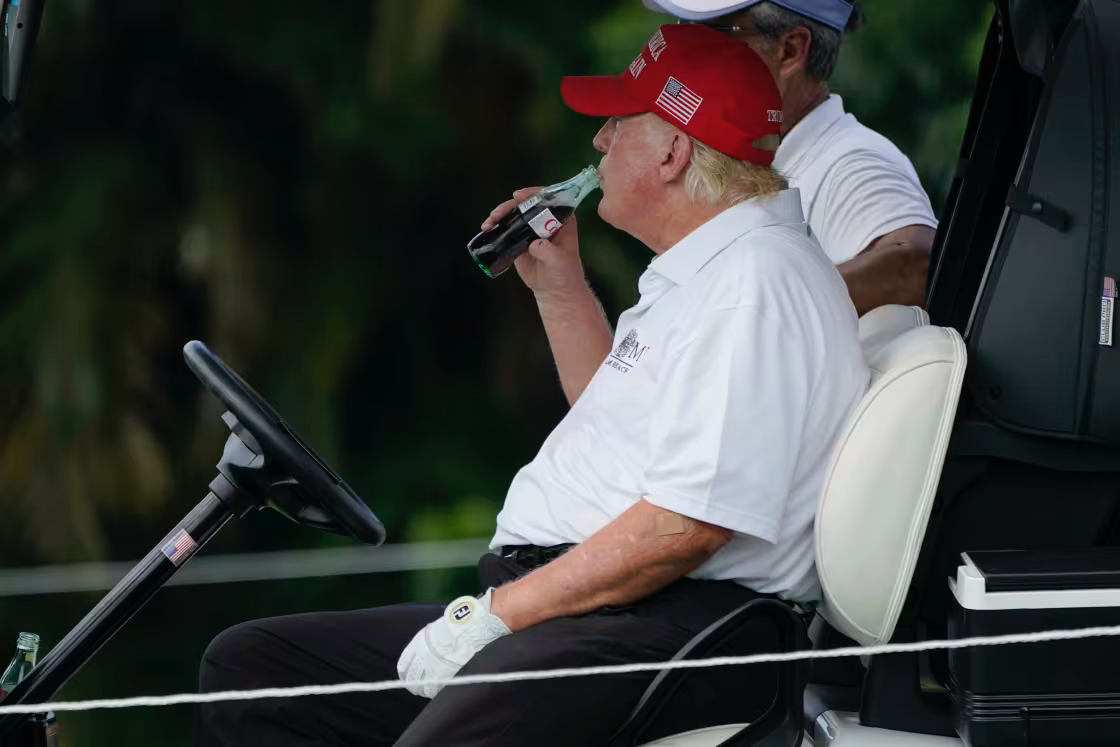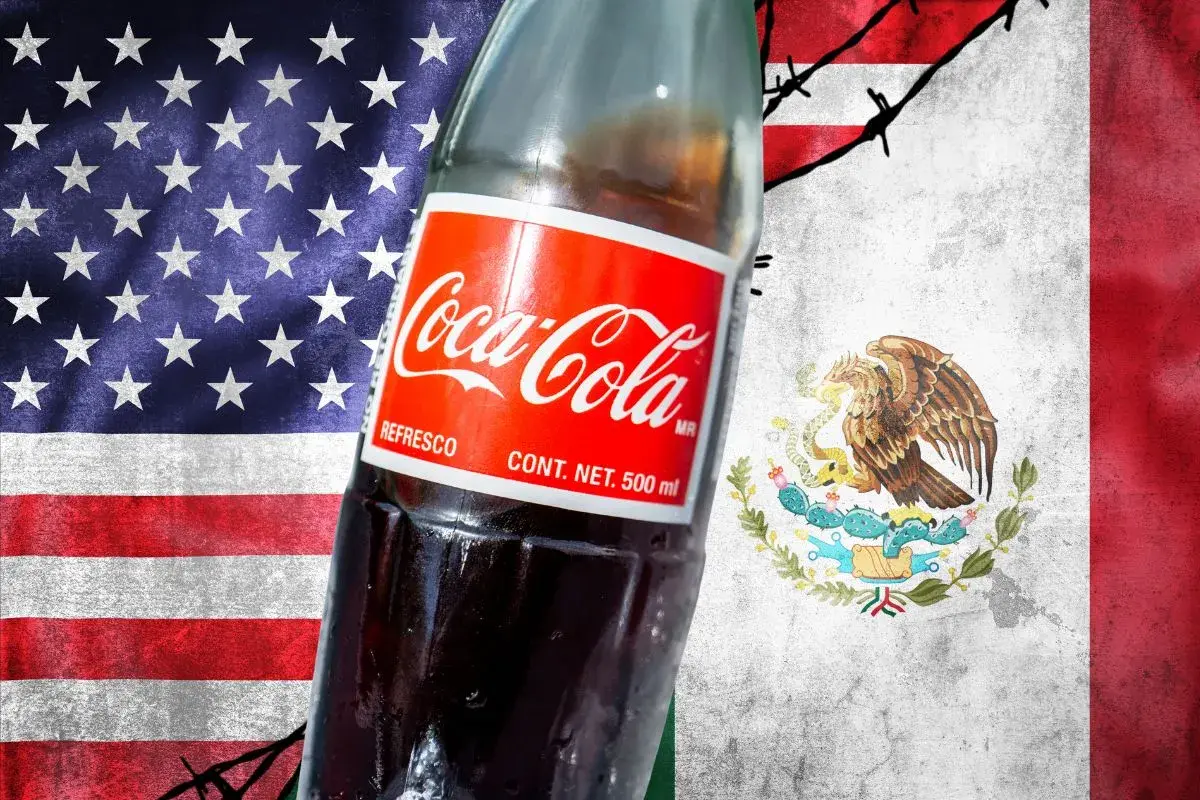How a Fierce War Broke Out in the Global Soft Drink Market

“Critics have repeatedly blasted high-fructose corn syrup as a driver of obesity and diabetes.”
The global soft drink market is witnessing fierce competition among major companies, amid unprecedented economic shifts and political pressures.
Other companies have resorted to massive marketing campaigns targeting young people through social media platforms, in addition to signing sponsorship deals with influencers and athletes to bolster their influence.
In some Asian and Latin American markets, price pressures and promotional offers have led to a discount war that has harmed smaller companies.
With declining traditional sales and rising consumer awareness of health, companies have turned to diversification and the launch of low-sugar products or healthier alternatives, opening the door to a new wave of competition.
Economists have warned that the conflict is no longer just a commercial rivalry, but a battle for political and health influence that impacts legislation, consumer behavior, and the future of the entire industry, especially with the growing global calls to reduce sugar consumption and protect public health.
Commercial Competition
An investigation by The Guardian in partnership with the environmental watchdog Fieldnotes revealed a conflict that has erupted in the United States, after major soft drink (diet and energy) and snack companies began using political lobbying groups to influence tax legislation related to sugar and artificial ingredients.
Major food and beverage companies—including Coca-Cola, Kraft Heinz, General Mills, and Nestle—have formed a lobbying alliance to stop the spread of state laws that have targeted everything from artificial dyes to ultra-processed foods.
These companies have also launched a coordinated campaign to incite Donald Trump’s MAGA movement against Robert F. Kennedy Jr.’s Make America Healthy Again movement (MAHA), which works to curb Americans’ consumption of soft drinks and ultra-processed foods.
The three soft drink companies identified MAGA’s efforts as significant threats to their profits in their most recent annual reports to investors, particularly after Trump nominated Kennedy to be U.S. Secretary of Health and Human Services.
Americans for Ingredient Transparency has the backing of major industry trade groups including the Consumer Brands Association, American Beverage, the American Frozen Foods Institute and FMI – The Food Industry Association.
Kennedy’s MAHA movement to reshape the US food supply has gained bipartisan support in states, with democrats and republicans uniting on legislation to ban ultraprocessed foods in schools or prohibit certain dyes and ingredients.
At least 35 states introduced 93 bills regarding food additives this legislative session, according to Harvard Law School’s Center for Health Law and Policy Innovation, with 10 enacted as of late June.
Enacted legislation includes West Virginia’s first-in-the nation ban on foods containing artificial dyes.
Texas recently passed a law requiring products with certain additives to carry warning labels, while California moved to ban ultraprocessed foods in schools.
As more states consider legislation, food and beverage companies are becoming louder about the potential consequences for the industry.
In one of the biggest steps against MAHA taken by the industry so far, color manufacturers sued West Virginia in an attempt to strike down the state’s artificial dye ban.
The lobbying group’s launch was quickly criticized by consumer advocacy groups and those in the MAHA movement.
In a related context, US health officials have urged food and beverage companies to reconsider their ingredients, while Kennedy Jr. called on companies to eliminate artificial dyes and other synthetic materials.

Trump's Approach
Amid rising consumer awareness and political pressure regarding the ingredients in soft drinks, PepsiCo announced it is revising its strategy.
The company stated that this is aimed at offering products containing natural ingredients, a move that comes just one day after US President Donald Trump's surprise announcement that Coca-Cola had agreed to replace high-fructose corn syrup with natural sugar in the United States.
According to a report published by Newsweek, PepsiCo is seeking to adapt its strategy to meet growing consumer demand for beverages containing natural ingredients, whether or not they include high-fructose corn syrup.
PepsiCo Chairman and CEO Ramon Laguarta emphasized that the company's approach is focused on consumer preferences.
He added that the company aims to stay ahead of market trends without exceeding consumer expectations.
He noted that this move complements PepsiCo's approach in the food sector, explaining that the company has a technological roadmap for removing artificial colors and flavors from its beverages, just as it has done with food products.
Earlier, Trump wrote on TruthSocial: “I have been speaking to Coca-Cola about using real cane sugar in coke in the United States, and they have agreed to do so.”
At Trump's urging for an American version of its Mexican-inspired drink, Coca-Cola began selling its sugar-infused sodas in the U.S.
Coca-Cola later introduced an American version of its beverage in which refined white sugar was replaced with brown sugar from cane, which is touted as healthier than white sugar. This version was offered in new 12-ounce bottles.
According to numerous reviews, the cane-infused Coca-Cola tasted cleaner and sharper. Some even competed to distinguish between the two types of Coca-Cola with their eyes closed, with most successfully choosing the new version.
It's worth noting that in 2012, Trump had attacked Coca-Cola, saying: “Coca-Cola isn't happy with me. That's fine. I'll continue drinking this garbage.”
However, Trump is a fan of Diet Coke, which contains aspartame, a low-calorie artificial sweetener that has also been the subject of controversy regarding its health effects.
Secretary Kennedy Jr. was a vocal critic of the use of cheaper high-fructose corn syrup in Coca-Cola soft drinks during his MAHA campaign, even calling it poison.
He said in 2023: “It's clearly linked to the obesity epidemic. It's linked to diabetes. If you're going to drink Coke, drink Mexican Coke because it doesn't have it.”

Health Effects
Many Coca-Cola brands worldwide use cane sugar, including Coca-Cola Mexico, which the company began importing to Texas in the early 2000s and has since gained widespread popularity.
Coca-Cola also uses cane sugar in other beverages sold in the United States, including Simply Lemonade, Gold Peak Iced Tea, and Costa Coffee.
Coca-Cola uses sucrose, derived from sugarcane, in its products sold in European markets. However, the U.S. market has long relied on high-fructose corn syrup, which became widespread in the 1970s as a result of government subsidies for corn farmers and high tariffs on imported sugarcane.
Therefore, this change in production policy is likely to affect American corn farmers, whose produce is primarily used in the production of artificial sweeteners.
Replacing high-fructose corn syrup in Coca-Cola sold in the U.S. will bring the company more in line with its practices in other countries, including Mexico and Australia.
MAHA, launched in collaboration with Kennedy Jr., has urged food and beverage companies to review their formulations and remove artificial additives and controversial ingredients.
Last May, a report from the MAHA warned that excessive consumption of high-fructose corn syrup may contribute to childhood obesity and other health problems—concerns that researchers have been raising for over 20 years.
Health experts agree that sweetened soft drinks, regardless of the type of sugar used, are not a healthy choice because they contain large amounts of added sugar, which can lead to health problems such as obesity, type 2 diabetes, and heart disease.

The soda wars have long broken along partisan lines. Liberals drink soda too, of course, though the drink’s biggest defenders are on the right.
President Donald Trump loves Diet Coke so much that in both of his terms, he’s had a button installed in the Oval Office to summon a refill.
But today, Republicans across the country are cracking down on soda. Yet Democrats, for the most part, now remain firmly opposed to soda bans.
Soda is a big reason adults in the U.S. consume, on average, two to three times more than the daily recommended intake of sugar.
Former New York City Mayor Michael Bloomberg (D) infamously tried to ban the sale of supersized sugary drinks in 2013, prompting Republicans to decry his nanny state tactics.
Sources
- Inside the Republican network behind big soda’s bid to pit Maga against Maha
- Coca-Cola starts selling cane sugar soda after Trump demand
- MAHA-inspired Coke shift isn't a health win, nutritionists say
- Coca-Cola dodges after Trump says soda will switch back to cane sugar
- Zero Sugar Beverages Market Size and Share Forecast Outlook (2025 to 2035) [Study]












